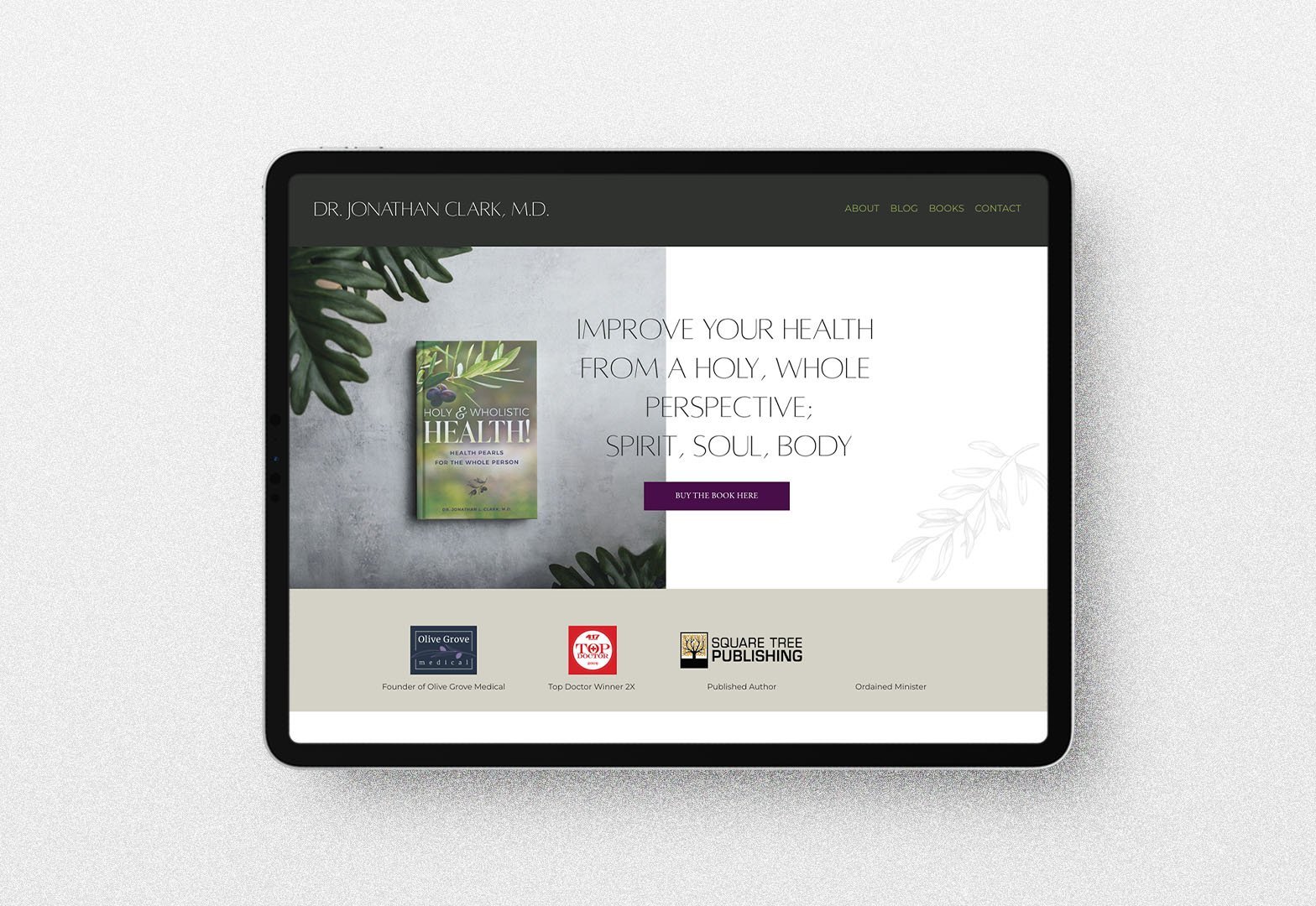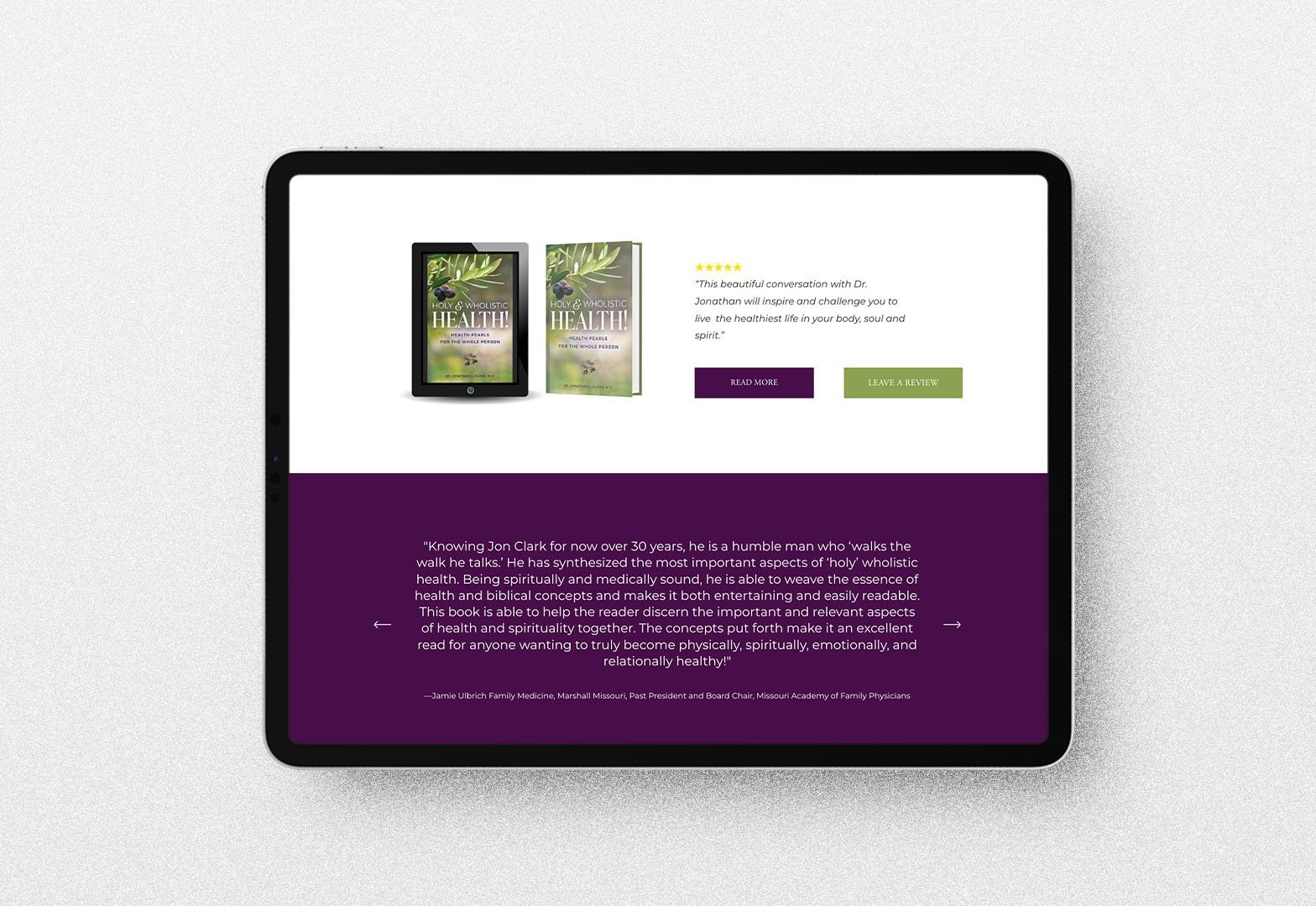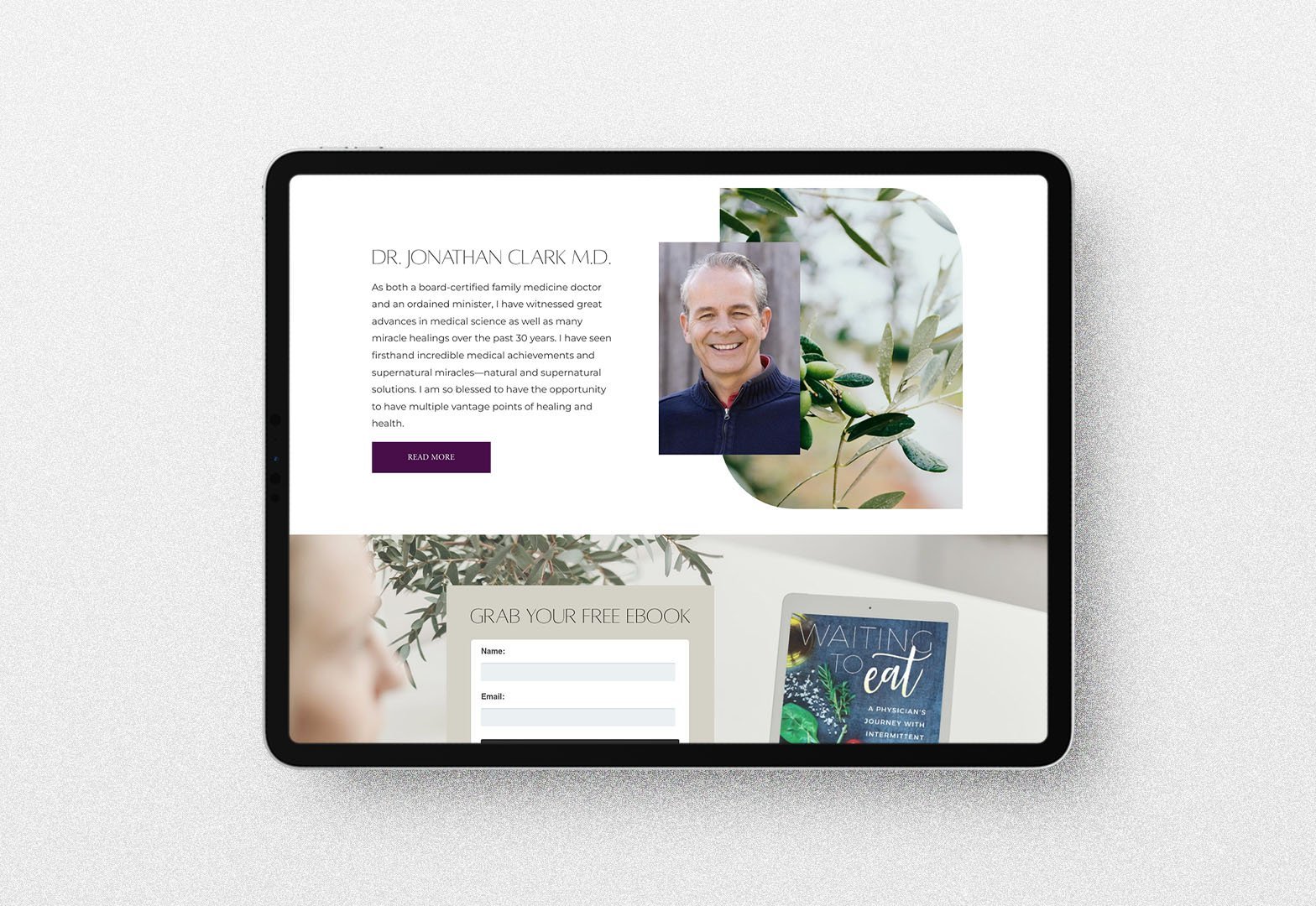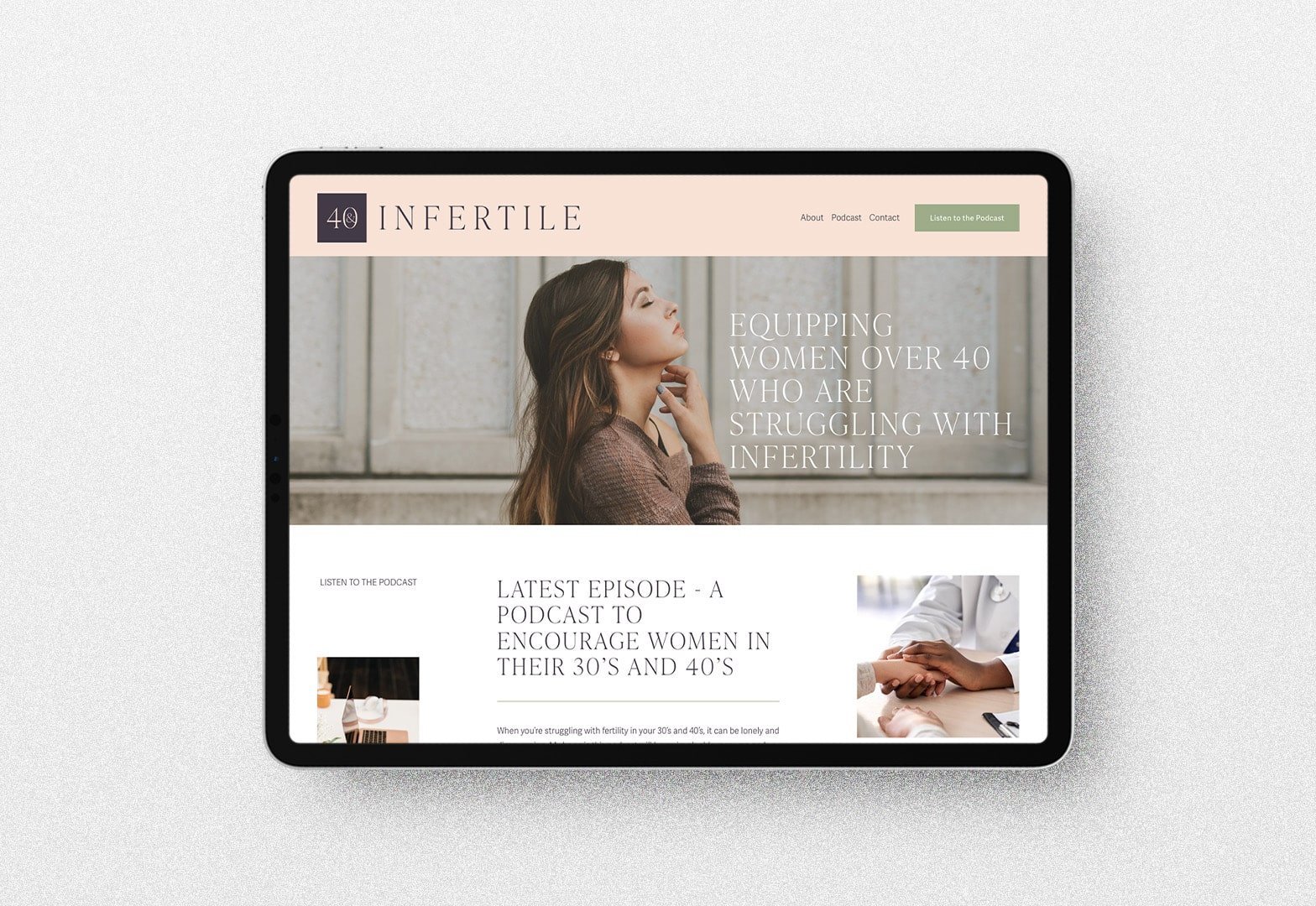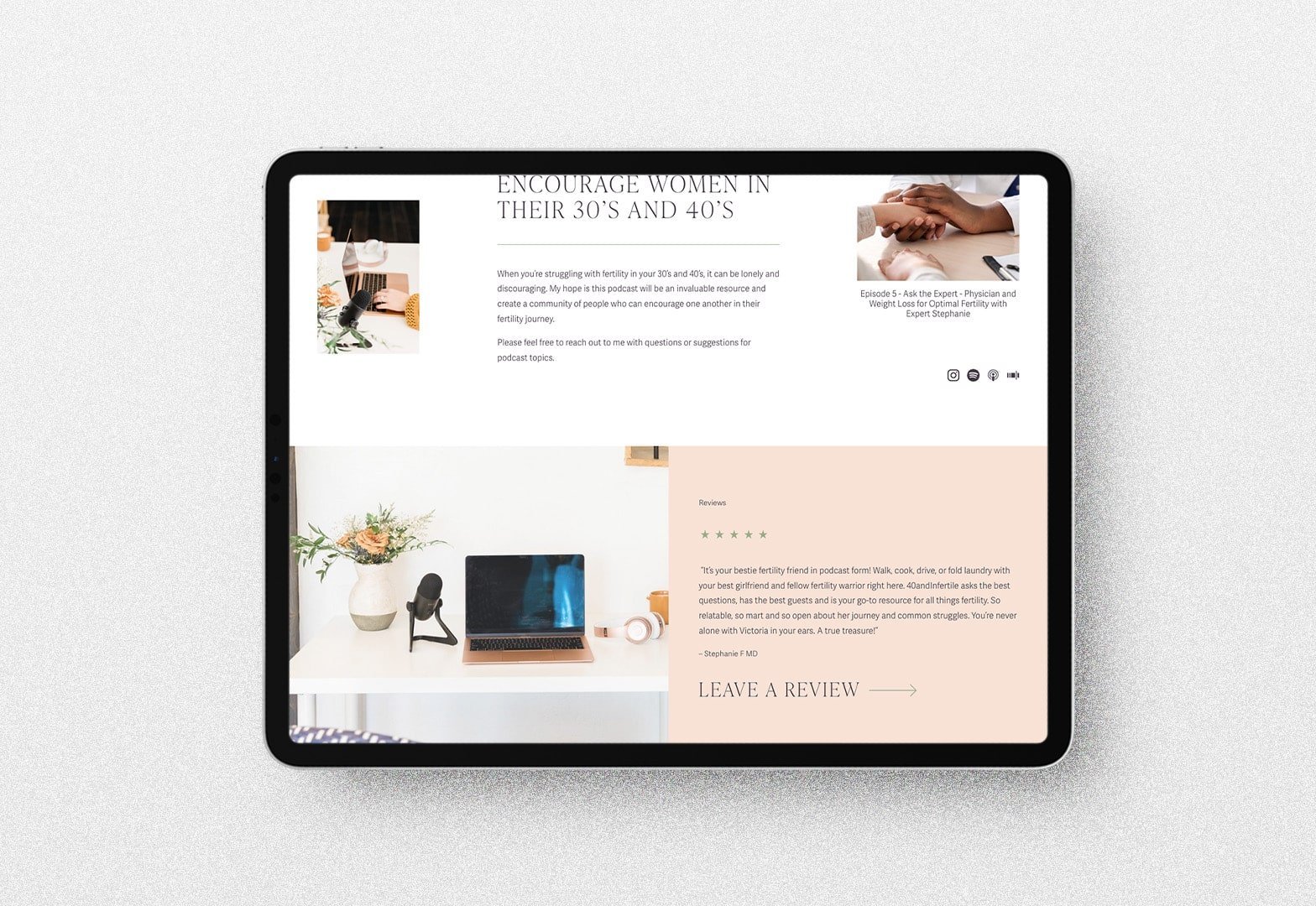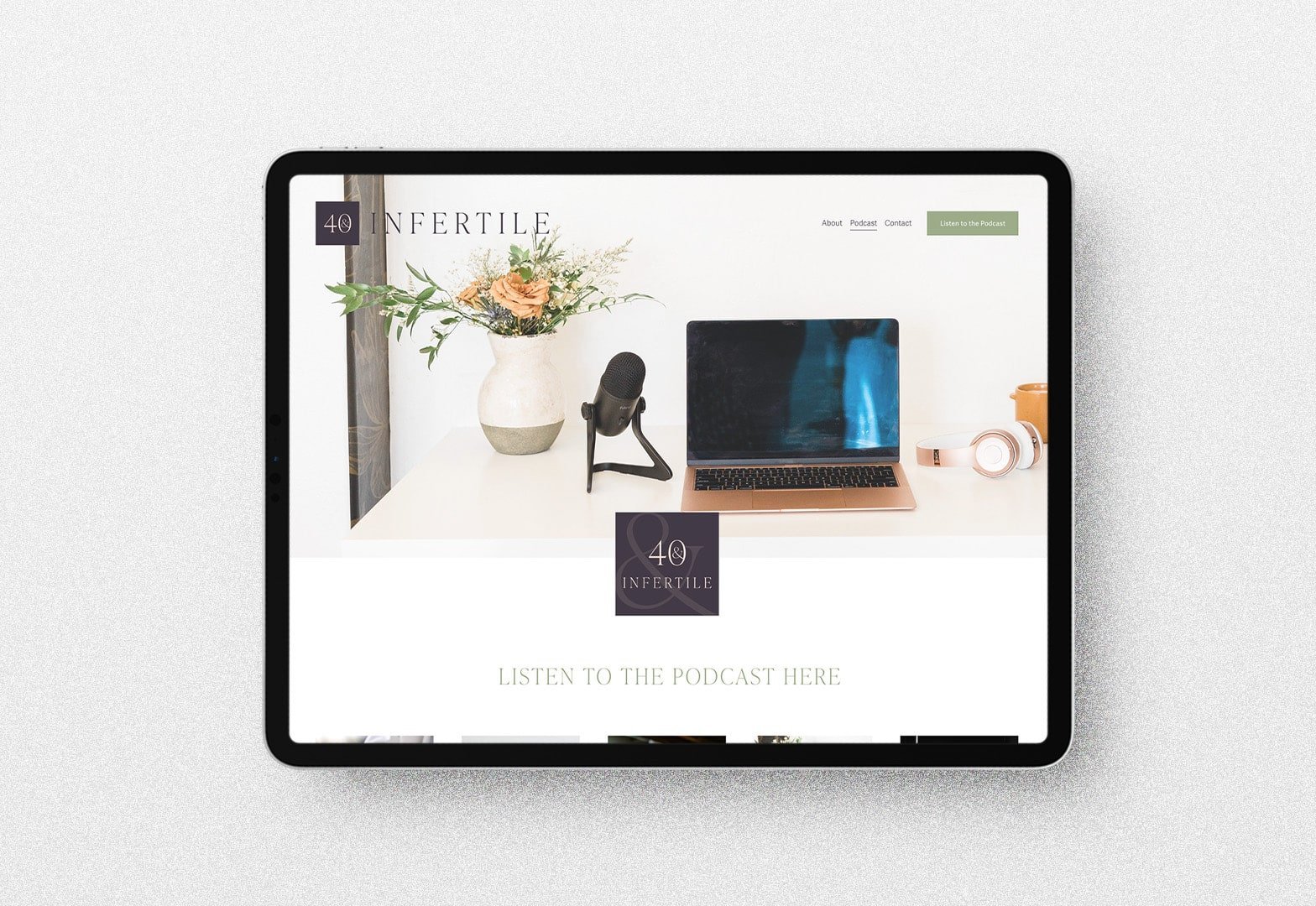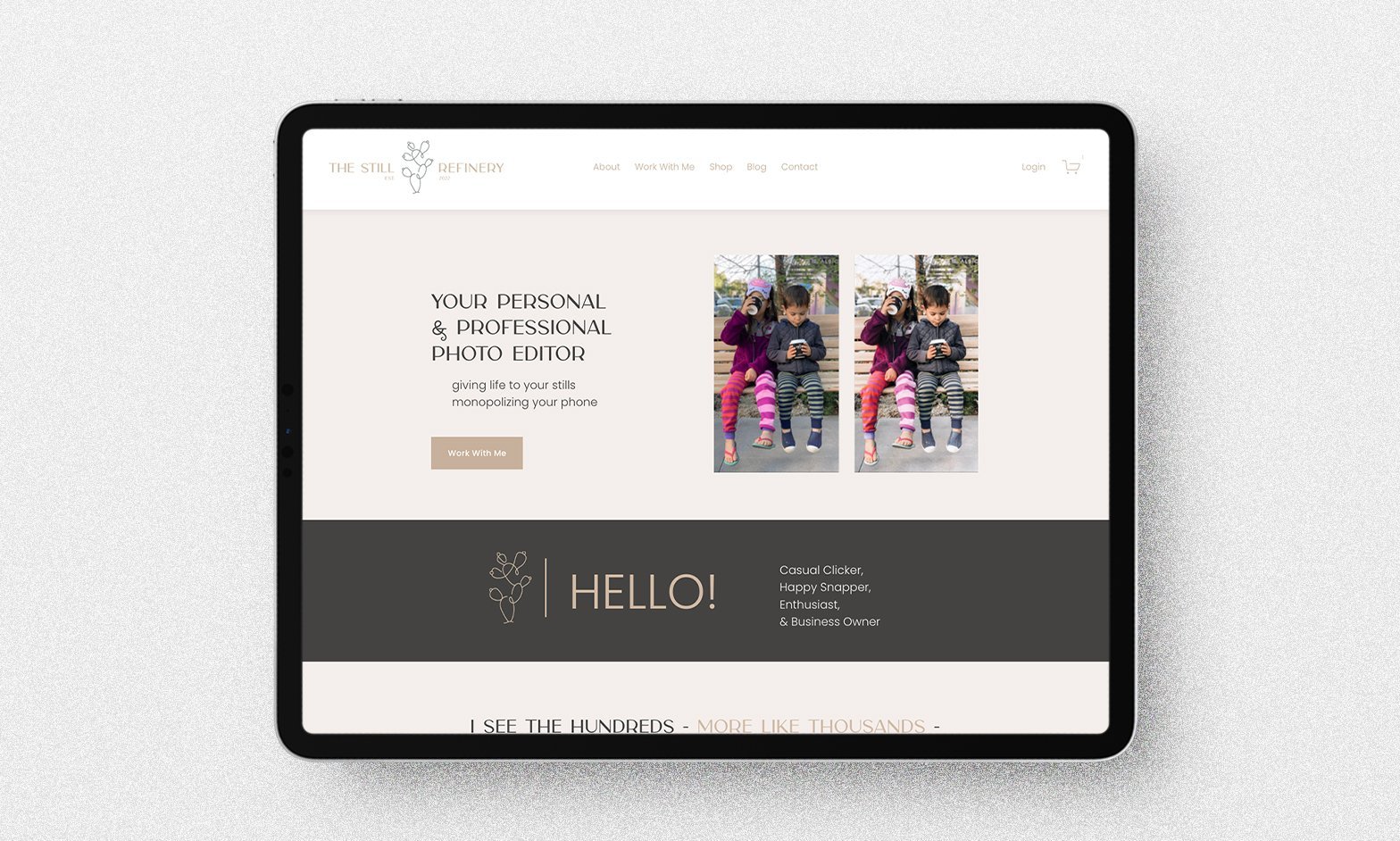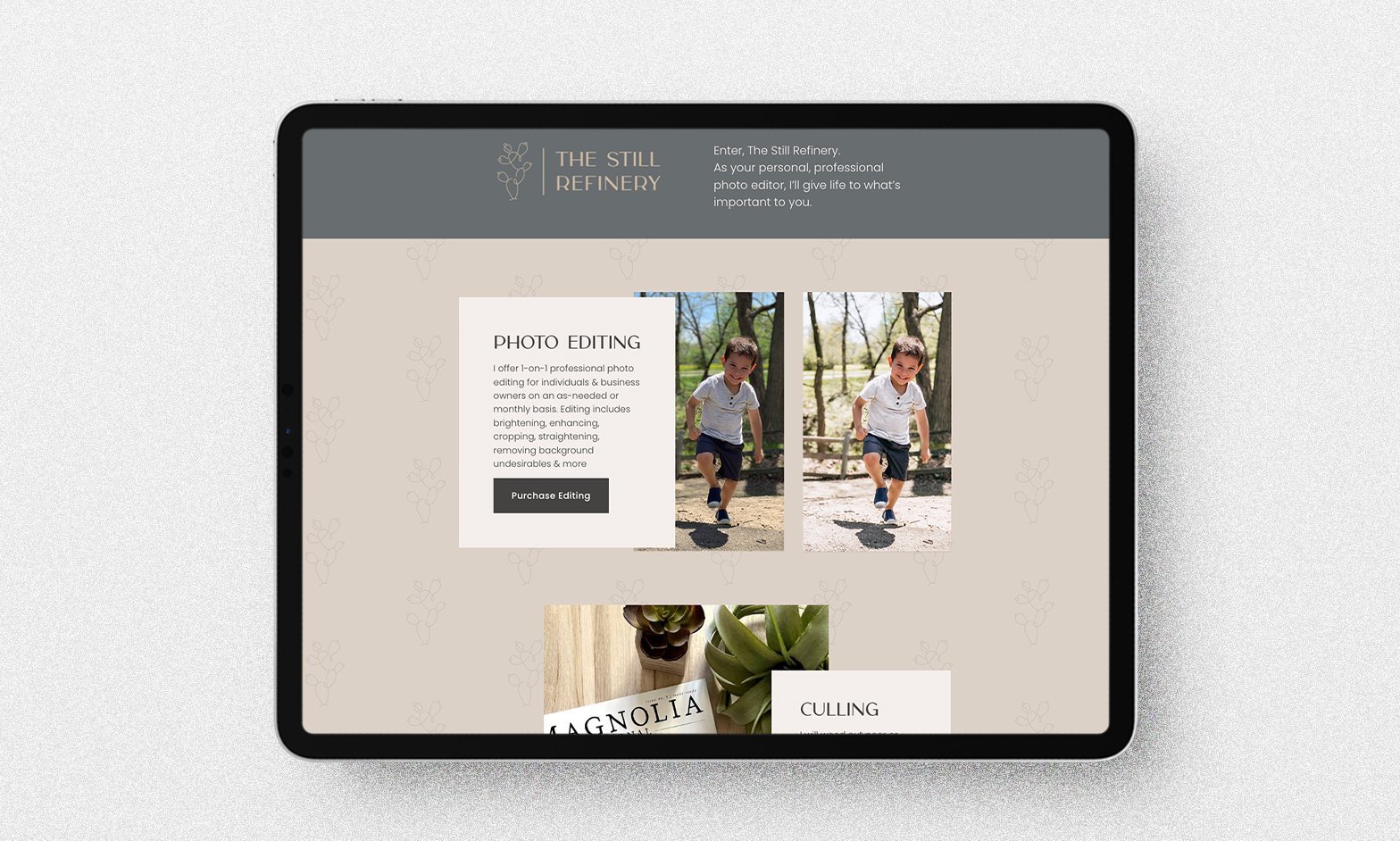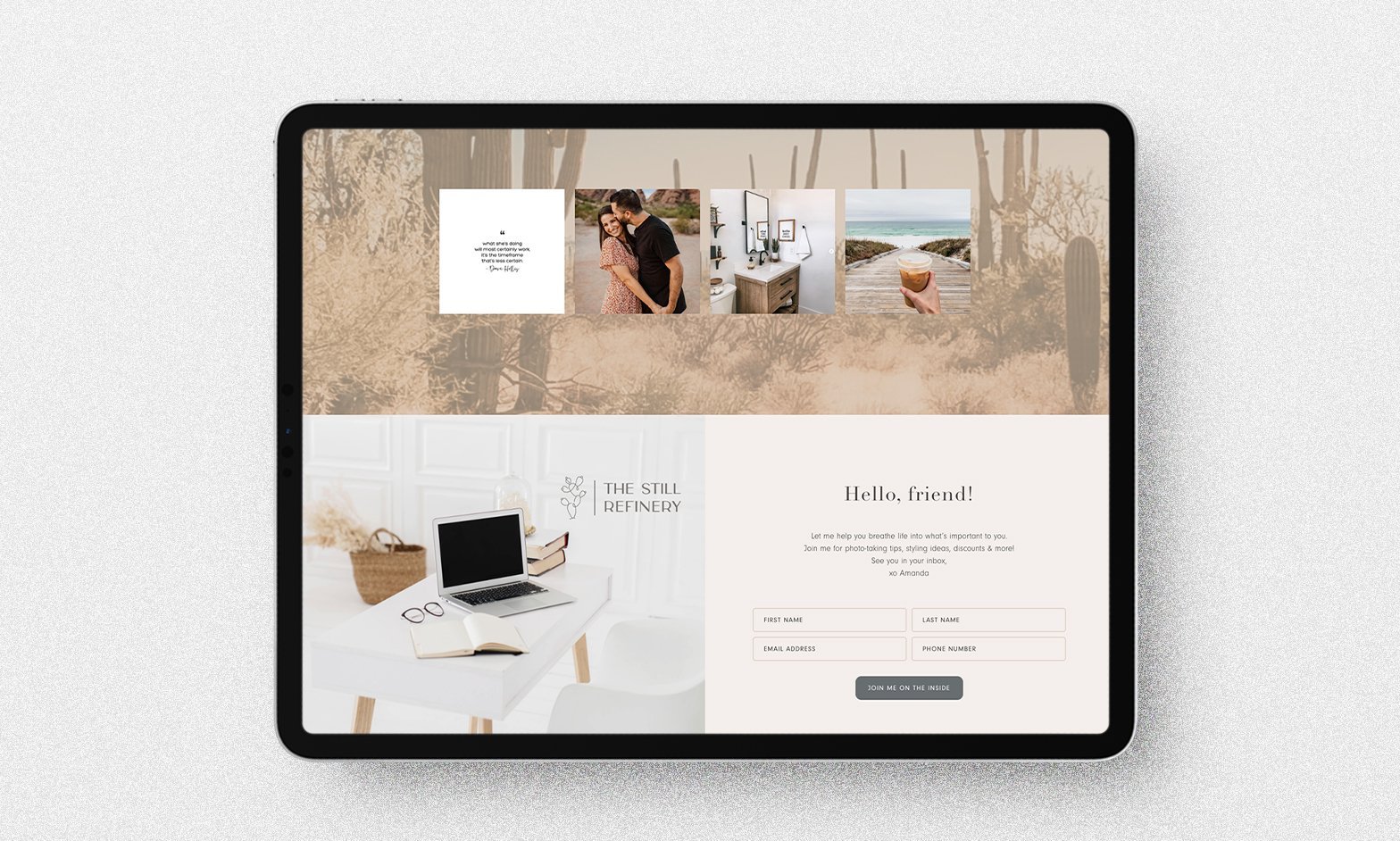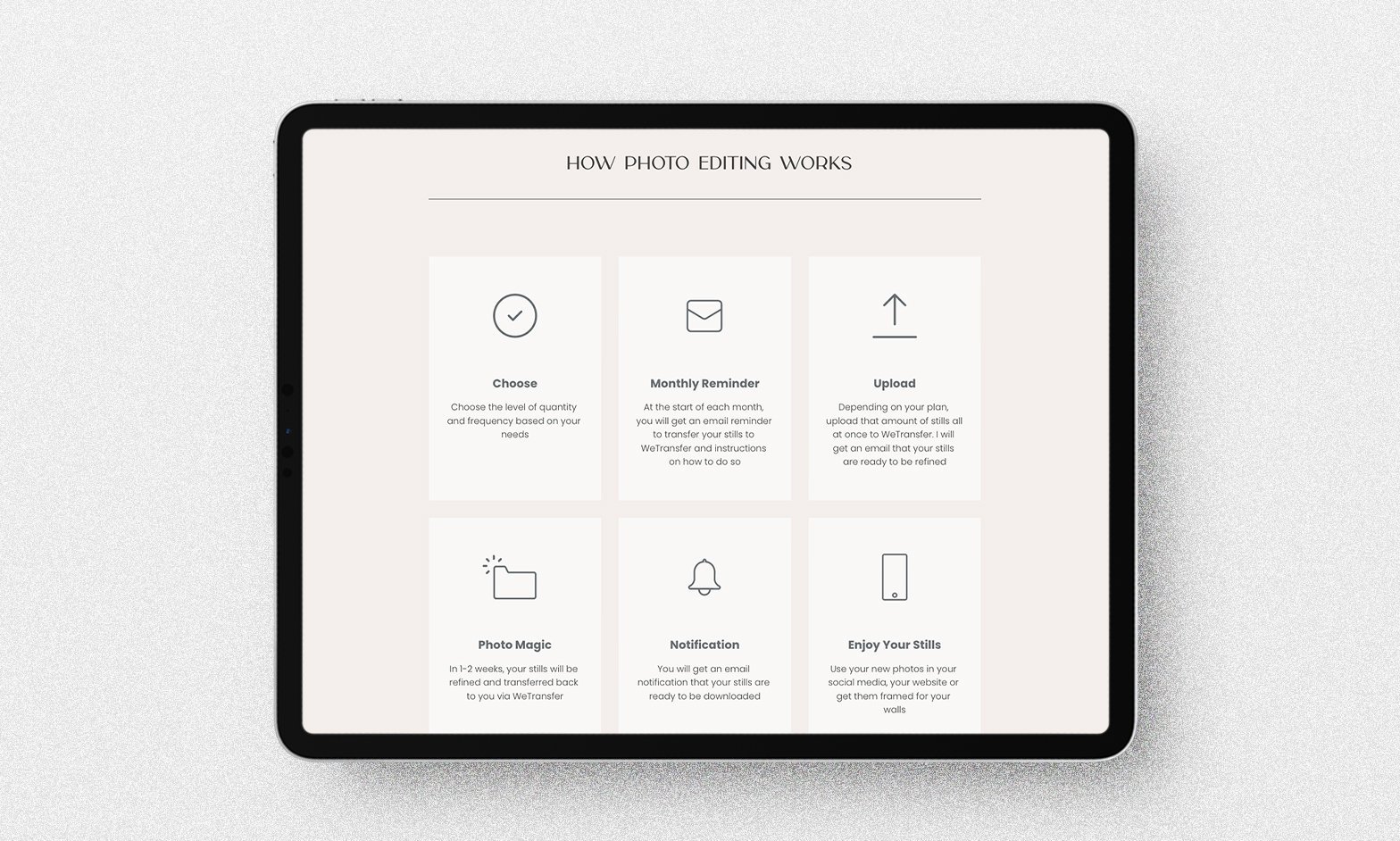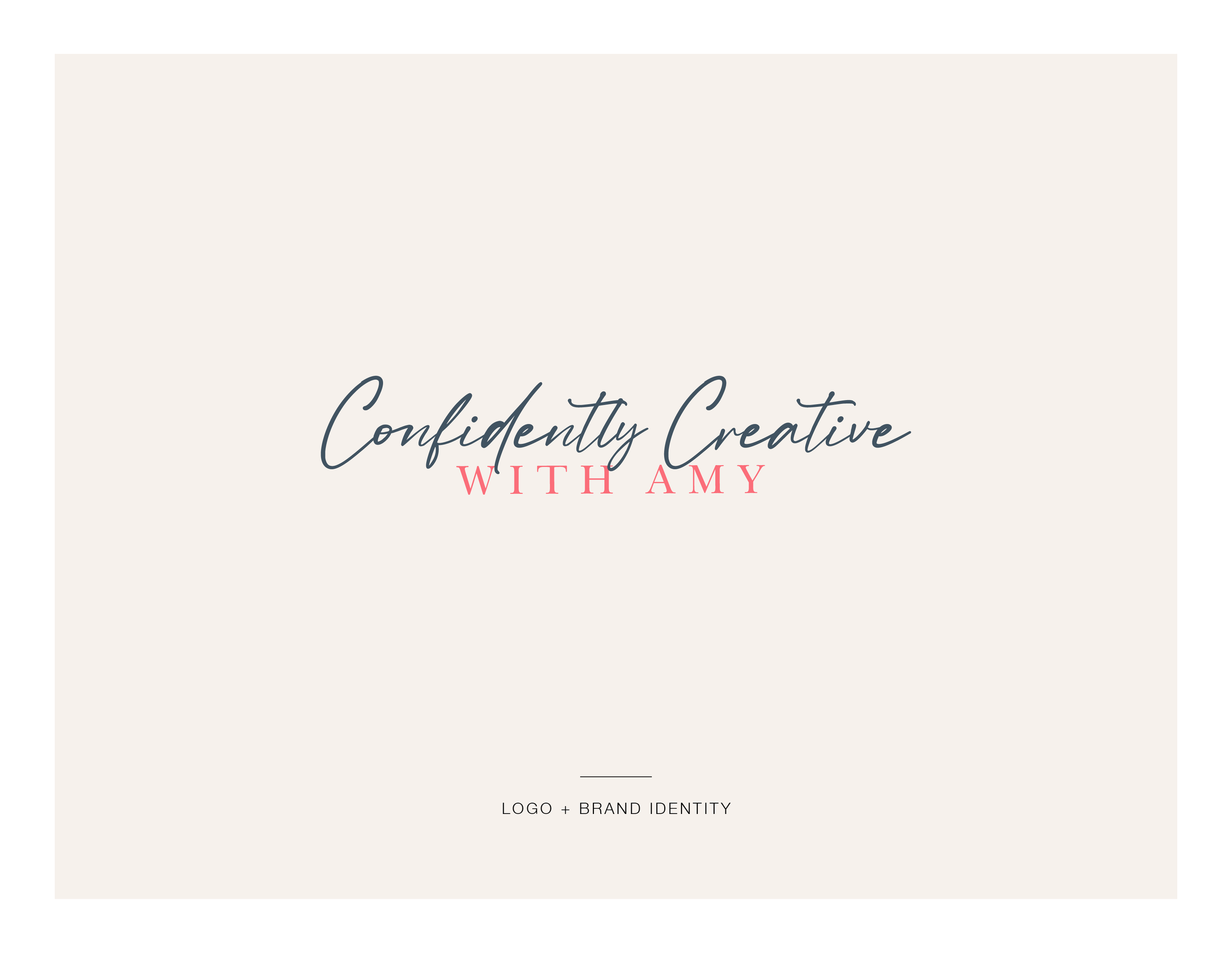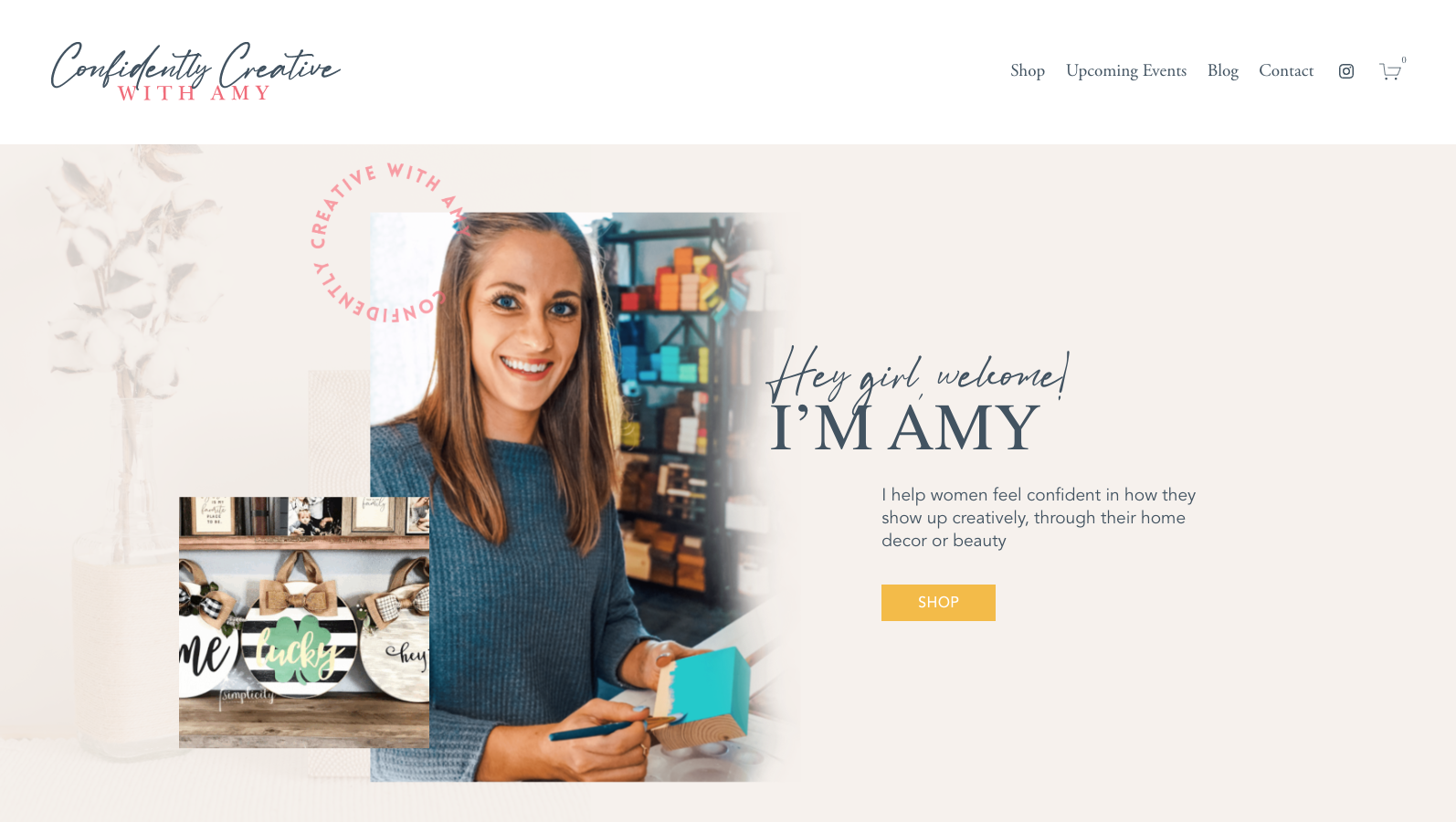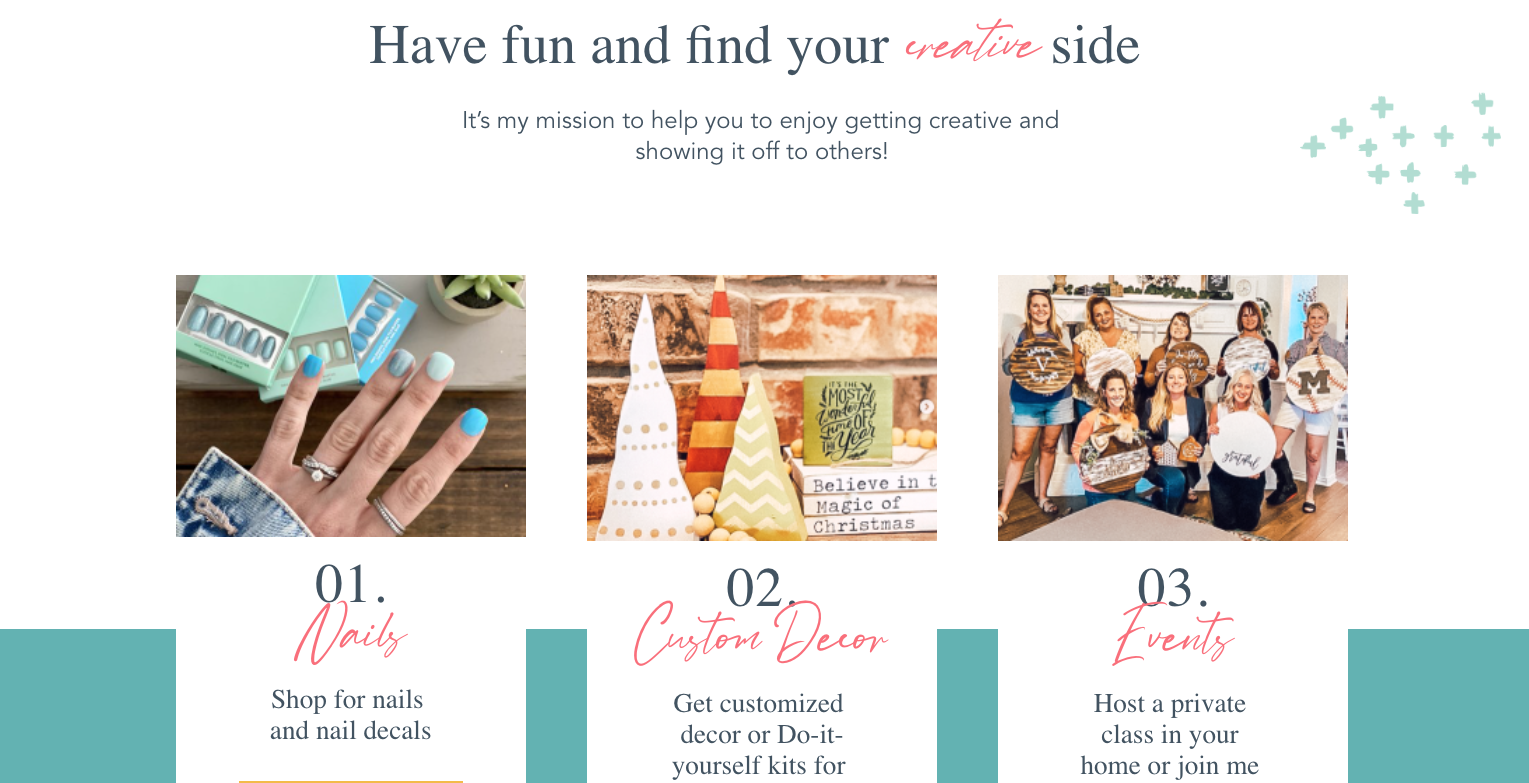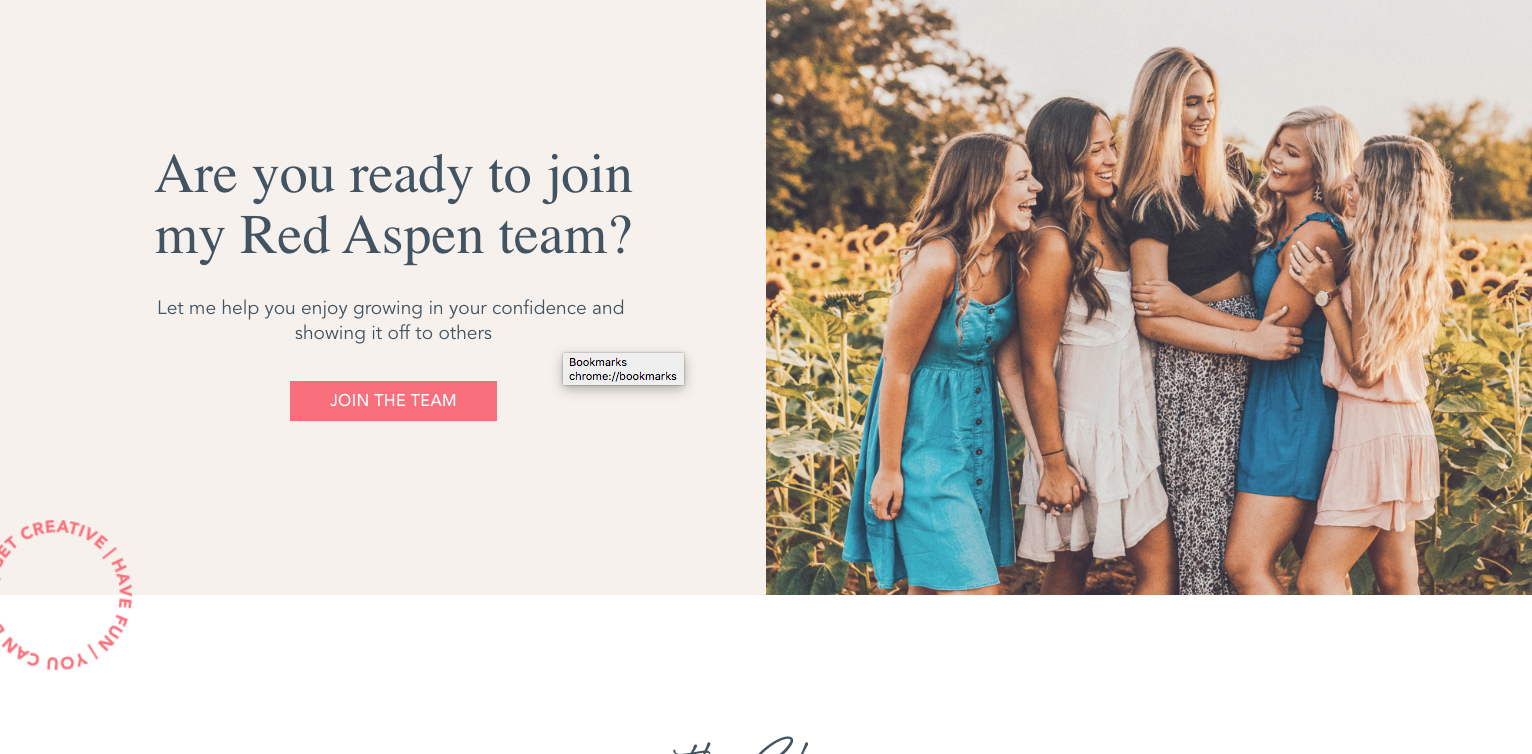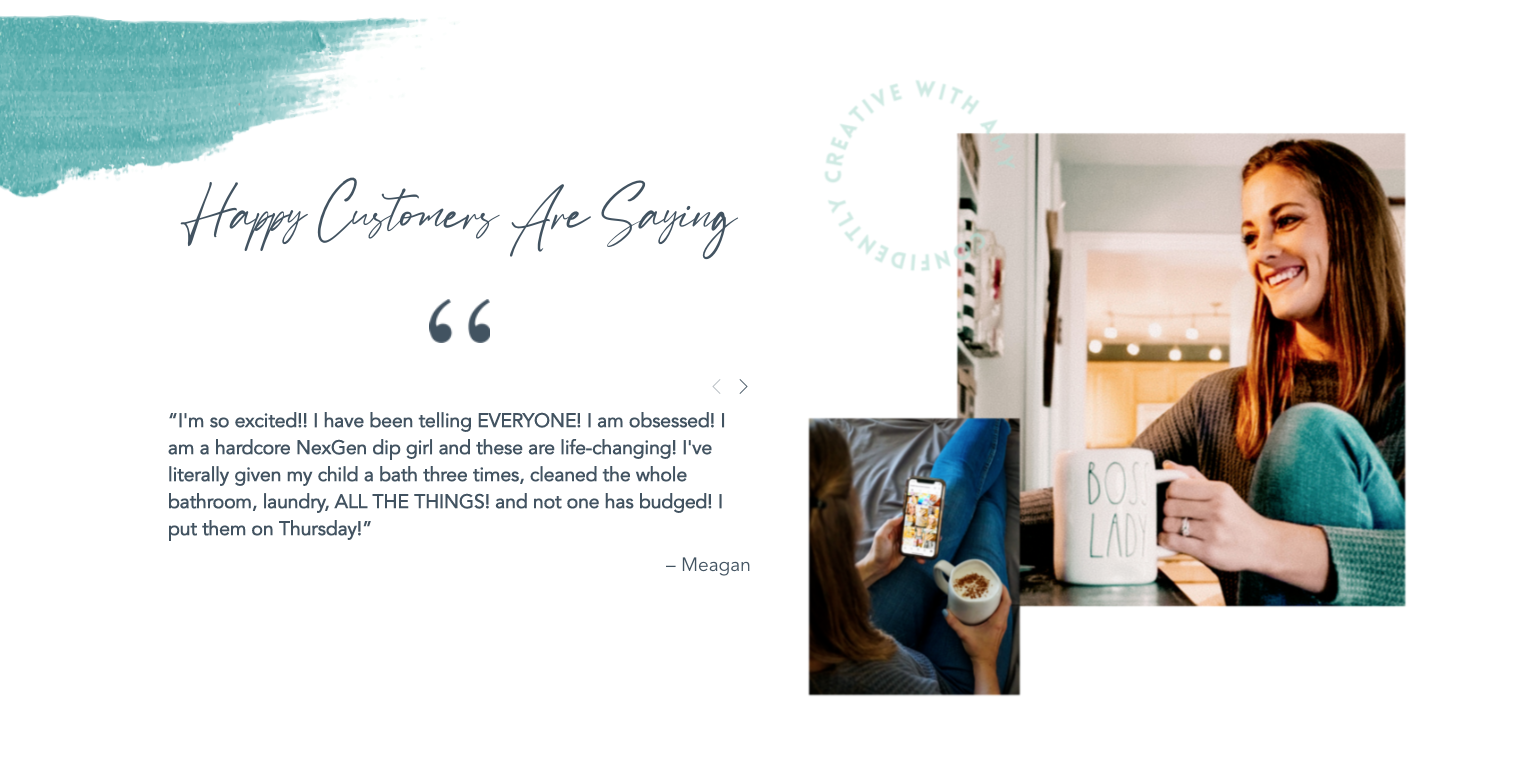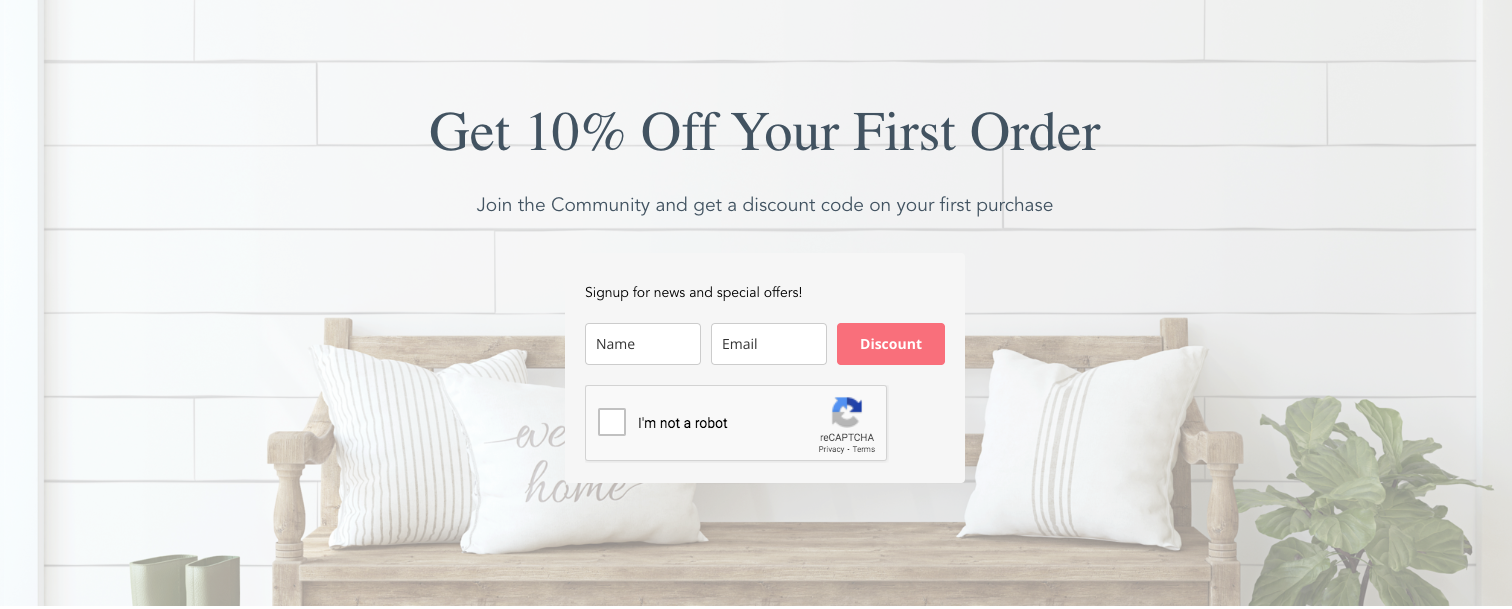How Small Businesses Can Protect Themselves
Disclaimer: I am not a lawyer, this information is for general knowledge. Please seek legal advice from a legal representative from your state. This post contains affiliate links.
Don't Leave Any Part Of Your Business Unprotected!
When you run a small business, no one tells you what to do, and so most of the time, you just wing it. At least, that's what I did.
Well, I wish someone would have told me the importance of setting up my business with the correct legal documents sooner.
Because I want your business to be setup for success, I want to pass this on to you.
The year I finally implemented contracts and legal documents like a privacy policy, terms of service, LLC setup and my independant contractor contracts, I was faced with a legal dispute that could have cost me thousands plus court fees and lawyer fees. I was under so much stress that I gained 30 lbs.
Thankfully, because I had the correct legal documents in place, I was in the clear. Whew
What no one tells you when starting your entrepreneurial journey is all the legal things you need to be protected from or documents you are legally required to have on your website.
I had no clue that businesses are required by law to have a Privacy Policy on their website. Also, having a “terms of service” is highly recommended to go with that.
Then there’s unexpected things like unhappy customers, unprotected chargebacks, failed transactions or even being sued. This is where the term “treating your business like a real business” really makes the rubber hit the road.
Investing in legal contracts is not the sexy part of running a business but MAN am I so glad I implemented these when I did.
One of my recommended attorney-drafted-up templates is the Contract Shop® .
You get attorney-drafted contract template that is easy to customize and comes with tons of support so you can make it fully your own. For a fraction of the cost of a real lawyer, and with way more coverage than those freebie templates we’ve all used from the internet 🙈
CONTRACTS I SUGGEST FOR ONLINE BUSINESS OWNERS:
Basic Terms of Service & Privacy Policy - These 2 are a must of every online business GDPR and CaCPA Compliant! In accordance with the GDPR, it is required by law to have a privacy policy on your business website. Explain to your users what kind of information you collect, what you do with that information, and how users can behave on your website and use your content. If you want to run a real business, you need to show your visitors you care about their experience with your brand. You need to show them you take their privacy seriously.(Not to mention that the consequences for overlooking a potential breach can be disastrous. Unless you love getting slapped with Surprise Fines!
Blogger Disclaimer - A set of disclaimer templates to use on your blog posts when promoting paid, sponsored, or affiliate link promotions. Includes an Earnings Disclaimer!
Selling digital products and courses - What kind of information is collected & how (emails, cookies, names, etc.)
What you do with the information you collect
How you protect the information collected
What third parties have access to the information you collect (i.e. your hosting platform, server, ISP, employees/contractors, etc.)
Who is advertising on your site and what information the advertisers have access to (and while you're at it, it may be prudent to say something about how these are third parties with their own privacy policies and terms & conditions...)
Users implicit consent to your privacy policy by visiting your website
When the policy was last updated and a notification that the policy could change at any time, so visitors should always refer to your privacy policy for the latest versionIndependant Contractor - Effective communication and a proper contract are great ways to avoid any unsettling situations. But, sometimes, we run into a nightmare client. It’s reassuring to know that your contracts clearly lay out what you expect of clients, and when, so they can reference this at any time and deliver what is expected as needed. On the other hand, if you have a vague contract that leaves your clients guessing, they could feel neglected, left out, and maybe even fearful that you’re not taking care of them!
Photographers - Shooting weddings, portraits, newborns, and anything else you can frame in your viewfinder? Includes Photo editor contract, wedding and portrait contract, stock and commercial templates, NDA agreement, model release, print release.
LLC Operating Agreement - The point of having an LLC, and what makes it different from a DBA, is that it separates your business and personal assets in case something were to happen in either area (like…getting sued personallyor in your business, yikes).You want to make sure that if someone tries to come after you in a situation like that they won’t be able to touch those other assets. Having the LLC in place protects you in that circumstance.
5 Things You Need To Do Before You Even Think About Posting On Social Media
Do you have a small business you want to grow online but are struggling to get found by your ideal audience?
Are you confused by social media? Do you post and post on social media but find that only a small group of the same people, mostly family and friends, are engaging with your content?
Before you jump into all things social media, we need to start with the foundation of all marketing, no matter what the platform.
Step 1 Understand Your Brand
Before you start marketing your business online, get out a pen and paper and write down some business branding basics. This might seem trivial but, trust me, when it comes to messaging, it is so much easier to create content and so much clearer to communicate your message when you are coming from the right place.
What is the mission of your business? What are the business values? If your audience could summarize how they feel about your company, what would they say currently? What do you want them to say about your company?
Write down some adjectives that you want your company to be seen as “relatable, professional, trust-worthy, bold, fun, out-of-the-box, creative, innovative, stable, etc.”
Keeping these values, keywords, and mission front of mind will help you stay clear and focused on what content you create for your brand.
Step 2 Understand Your Audience
Before marketing your business it is vital to understand your unique audience. This can be referred to as your ideal client or ideal audience. Businesses that try to reach everyone fail to reach the individual. You want to communicate to the heart of the individual person to make that emotional connection.
Get really specific with the small group of people you help.
Step 3 Give People A Reason To Follow You
When creating content, remember to keep your ideal audience in mind. Create content that brings them value. This is where knowing your audience's pain points and what they are looking for help in your marketing.
You can be entertaining, informative, inspiring, educational, funny, smart, artistic, and inspirational.
Step 4 Start A Blog
Think of social media as your advertising strategy but you need a home for your leads to come to where they can find more information and actually purchase from you. A blog on your own website will allow you to create content that can get found in Google Search. You’ll build authority with your audience with a blog and be seen as an expert as well as gain authority with Google.
Your blog is also where you can grow your audience by capturing them onto an email list. You don’t want your leads to visit once and never come back again. An email list allows you to stay in contact with your leads. Studies show that conversion rates on emails are around 3% whereas social media has about a .5% conversion rate. So, your blog and email system is a priority to set up before you start bringing in leads via social media.
Step 5 Know How Each Social Media Platform works
Social media is not a one-size fits all solution. Each platform has a different culture and different algorithm. Find out where your ideal audience hangs out and focus on that one platform. You don’t need to be on all of them.
Facebook is ideal for building relationships, ideally within groups. You can generate leads by building relationships in these groups or creating your own group.
Instagram is great for inspiration, education, and entertainment. It’s a little harder to build relationships on Instagram but great to get found by new leads.
LinkedIn is perfect for B2B (Business to Business) relationships and making business connections.
TikTok is no longer the dancing app from 2020. TikTok is quickly becoming a great way for businesses to find new leads and build relationships at the same time.
Do you need consistency in your branding on social media?
Get a fully customized branding toolkit designed around your brand
Squarespace Website Design for Photo Editor Shop
Squarespace Website Design for Photo Editor
The Still Refinery
Research & Strategy
We researched the competition and the ideal client for The Still Refinery. We created a mood board based on her colors and photos to attract her ideal client.
Shop Setup & SEO
Beautiful design is only part of the equations. We used researched SEO strategies to get The Stil Refinery found online.
We also use best marketing practices to make the homepage address the ideal client needs and answer any questions before they decide to purchase.
Squarespace is perfect for service providers like the photo editing service by The Still Refiner.
Ready To Feel Confident In Your Website?
Let’s create a website that gives you the confidence to show up and is geared to ATTRACT your ideal client. customers.
Squarespace Website & Brand Design for Female Entrepreneur
Website Design & Brand Redesign for Wood Bloack Shop Owner
Confidently Creative with Amy
The Transformation
We highlighted her 3 business offerings. Gave her a fun and professional look. We updated her logo to match.
Sales Copy & SEO
Beautiful design is only part of the equations. We used researched SEO strategies to get ConfidentlyCreative with Amy found locally. We also use best marketing practices to make sales copy clear and concise.
Ready To Feel Confident In Your Brand & Website?
Let’s create a website that gives you the confidence to show up and is geared to ATTRACT your ideal client.
How To Get Your Business Found Online By Your Ideal Audience
Do you have a side hustle, a small business or network marketing business you want to grow online but are struggling to get found by your ideal audience?
Do you post and post on social media but find that only a small group of the same people, mostly family and friends, are engaging with your content?
Are you growing followers on social media, but none of them are buying?
Are you wanting to open your circle of influence to a specific niche audience?
Let me tell you, I’ve been there myself.
Do you have a side hustle, a small business or network marketing business you want to grow online but are struggling to get found by your ideal audience?
Do you post and post on social media but find that only a small group of the same people, mostly family and friends, are engaging with your content?
Are you growing followers on social media, but none of them are buying?
Are you wanting to open your circle of influence to a specific niche audience?
Let me tell you, I’ve been there myself.
I tried to grow my side hustle for 3 years on social media. I did everything my team told me to do to grow my business online. I read all the books, listened to all the podcasts, I was active on Facebook groups and on Instagram hoping to grow my business.
However, my content was not getting shared and was not reaching new eyes. I had to make a change.
When I switched to keyword-rich blog posts instead of just social media, I was shocked to see my audience grow. My email list grew from 0-500 within the first year, and was getting around 4,000 monthly visitors.
To this day, I am still generating visitors and leads from blog posts I wrote 3 years ago!
The difference between using a website vs. social media to get your business found online:
When creating content on a blog or YouTube, your content will continue to circulate forever. A continual marketing lead generation machine. With blog posts, you are able to get really specific with your keywords so that you are attracting your ideal audience and getting found in search engines.
What are the major search engines you can get found in?
Google, Pinterest & YouTube
In contrast, when you create content on social media, your posts usually lose their ability to show up in feeds within days. This is why you constantly need to create new content on social media. The search function on social media is much harder to get found in.
Step 1: To Get Your Business Found Online: Know Your Ideal Audience
You need to be careful about who you are really trying to attract. Get really specific. If you’re in network marketing, I especially want you to think more about the kind of person you are looking for, and don’t fall for the “everyone” mentality. That will lead you nowhere.
Think about who will relate to your content the best? What stage of life are they in? Do they have babies, teens, pets? Do they exercise, cloth diapers, read books? Are they crunchy homesteaders? Or are they busy, fast-food-loving soccer moms? Get really specific in these details.
Once you have nailed down your ideal audience, create a brand statement that tells your audience who you serve and how you help them. Download my free brand statement formula here:
Step 2: To Get Your Business Found Online: Research Topics
Once you know who your ideal audience is, start to research topics that your ideal audience is ACTUALLY searching for. DON’T GUESS!
So, how do you find out what your ideal audience is searching for? ASK THEM! If you already have access to this group of people, ask them what they are struggling with, what they search for on the internet. Then think about how your offerings and services can help solve their problem.
Go to the top search engines and use the search function to research topics. Notice the top articles that show up. Use the “suggested phrases” that google and Pinterest suggest people often search for. Look at the “People also ask” section of google and Pinterest.
Step 3: To Get Your Business Found Online: Create Content Using Key Phrases
Once you found a topic that your audience is actually searching for, use the EXACT PHRASE to create a blog post or YouTube video in your 1. headline, 2. your subtitles, 3. your image alt tags, and the 4. URL slug. This repetition of the keyword phrase will help your blog post rank higher.
A long-tail keyword is better than just a keyword. A long-tail keyword is a phrase not just one word. This is good because you’ll more likely show up in a search result for a narrowed phrase like “health benefits of walking” rather than a common keyword like “health.”
You can also use an extension like Keywords Everywhere to see metrics on how often a keyword is searched. You want to stay in the area of 100-1,000 searches per month as a newbie.
Step 4: To Get Your Business Found Online: Share Content on Social Media & Pinterest
Now that you have a keyword phrase-rich blog post that you know your audience is searching for, share it everywhere. Make a Pinterest graphic for it on Canva.com and share it to a board on your Pinterest account.
Make a social media graphic for Instagram and Facebook and share your blog post on social media.
You can even make a reel or video about your blog post and let them know at the end to click the link in your bio to read the entire post. This will bring people off of social media and to your website.
















